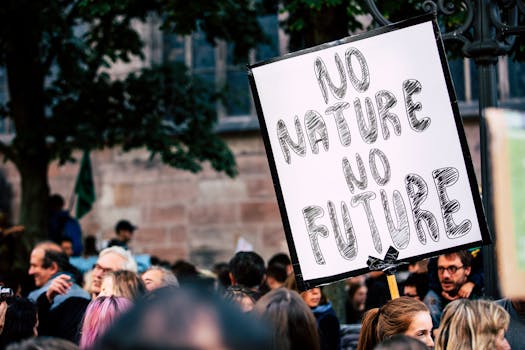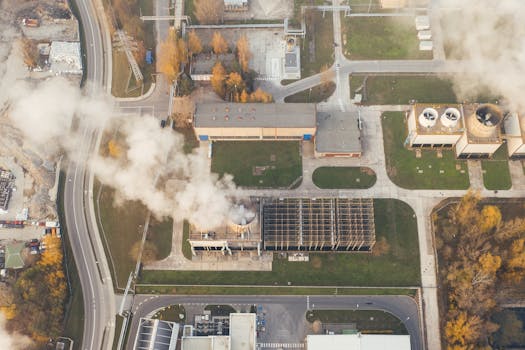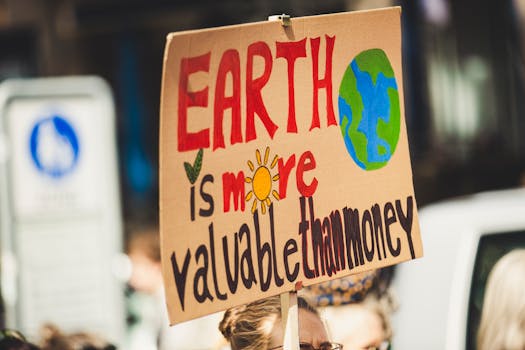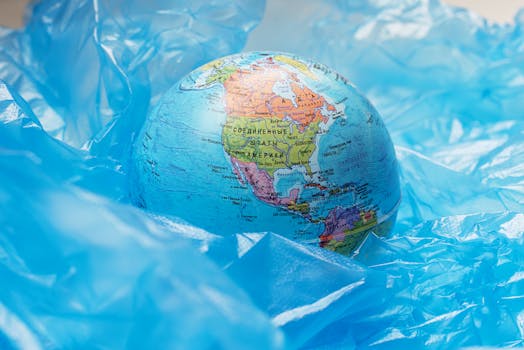
“
The Science Behind Climate Change and its Global Impact
Climate Change is one of the most pressing issues of our time, with far-reaching consequences for our planet and its inhabitants. The science behind climate change is clear: human activities, particularly the burning of fossil fuels and deforestation, are releasing large amounts of greenhouse gases, such as carbon dioxide and methane, into the atmosphere, leading to a global average temperature increase of over 1°C since the late 19th century.
Causes of Climate Change

The main causes of climate change can be attributed to human activities, including:
- The burning of fossil fuels, such as coal, oil, and gas, which releases carbon dioxide and other greenhouse gases into the atmosphere.
- Deforestation, which not only releases carbon stored in trees but also reduces the ability of forests to act as carbon sinks.
- Agriculture, particularly the production of meat, which leads to the release of methane and nitrous oxide, two potent greenhouse gases.
- Industrial processes, such as cement production, which also release large amounts of greenhouse gases.
Effects of Climate Change

The effects of climate change are widespread and varied, including:
- Rising sea levels, which threaten coastal communities and ecosystems.
- More frequent and severe weather events, such as hurricanes, droughts, and wildfires.
- Changes in precipitation patterns, leading to droughts in some areas and floods in others.
- Loss of biodiversity, as many species struggle to adapt to the changing climate.
Global Impact of Climate Change

The global impact of climate change is significant, with consequences for:
- Human health, with increased mortality and morbidity due to heat stress, air and water pollution, and the spread of disease.
- Food security, as changing weather patterns and rising temperatures affect agricultural productivity and distribution.
- Water resources, as changes in precipitation patterns and increased evaporation due to warmer temperatures affect the availability of freshwater.
- Economic stability, as the costs of climate-related disasters and the transition to a low-carbon economy are felt.
Solutions to Climate Change

While the challenge of climate change is significant, there are many potential solutions, including:
- Transitioning to renewable energy sources, such as solar and wind power, to reduce our reliance on fossil fuels.
- Increasing energy efficiency, in buildings, transportation, and industry, to reduce energy consumption.
- Electrifying transportation, to reduce dependence on fossil fuels and lower emissions.
- Carbon capture and storage, to reduce emissions from industrial sources.
- Sustainable land use, including reforestation and afforestation, to sequester carbon dioxide.
Climate Change is a complex and multifaceted issue, requiring a comprehensive and integrated approach to mitigate its effects. By understanding the science behind climate change and its global impact, we can work towards a more sustainable future, where the needs of both people and the planet are met. For more insights into sustainability, check out our post on Quick and Easy Beauty Hacks for Busy Women on the Go or explore how technology can contribute to environmental solutions in Wearable Tech Innovations by 2025.





